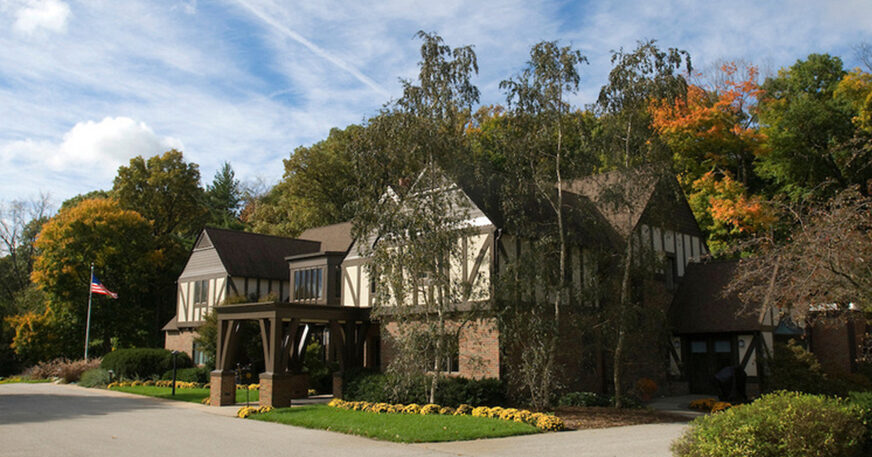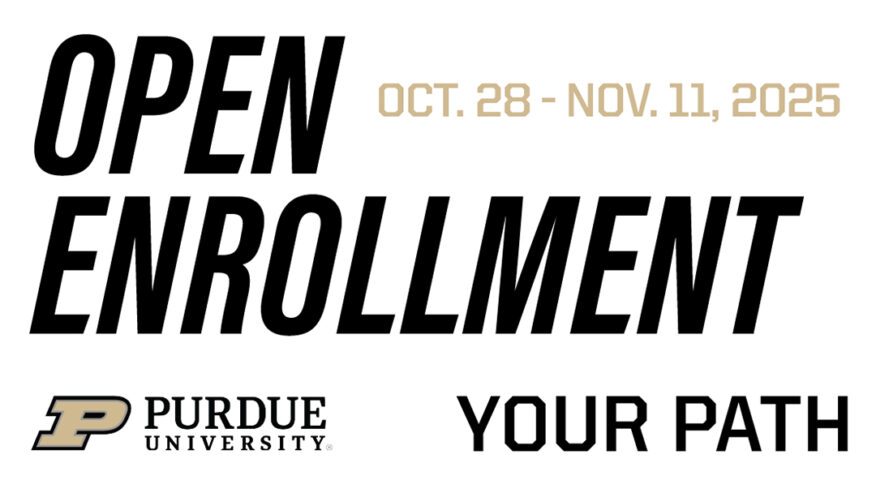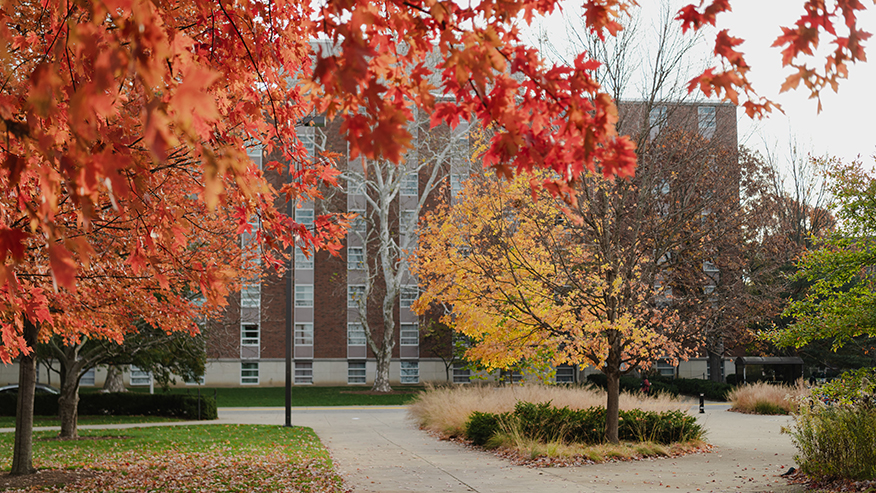Purdue University offers new Medical and Healthcare Writing Graduate Certificate
Program prepares students for success in an in-demand job category

WEST LAFAYETTE, Ind. —
When people think about jobs in the health care industry, they often think about client-facing roles – doctors, nurses, administrative staff and other medical personnel. But beyond the scrubs and lab coats, there are other professionals whose roles, though less visible, are still critical to the success of health care organizations. Medical and health care writers are one such example.
Considered a subfield of technical writing, medical and health care writing is what makes hard-to-understand medical information accessible to a variety of audiences. From writing the informational pamphlets that come with drug prescriptions to preparing the grant applications that sustain medical research facilities, health care writers play an essential role in the function and success of the system.
To help meet the need for skilled medical and health care writers, Purdue University is offering a new 100% online Medical and Healthcare Writing Graduate Certificate. The program consists of three fully online courses, all taught by Richard Johnson-Sheehan, a nationally known expert in scientific, technical, medical and health care writing and a professor of English and professional writing at Purdue.
Purdue’s Medical and Healthcare Writing Graduate Certificate offers students a high-quality, immersive and fast-paced skill-enhancing opportunity that can lead to success in the medical and health care writing industry. The courses cover important skills essential to health care writing areas, including proposal and grant writing. Each course runs for eight weeks. Classes can be taken individually, or students can complete all three to earn the certificate.
“This certificate covers three areas that will get you up and running as a medical and health care writer,” Johnson-Sheehan said “The introduction to medical writing course offers an overview of the career field and several major genres. The proposals and grants course will teach you a fundamental genre that is essential in the health care industry. The editing and publishing course will allow you to collaborate with authors who are experts in their areas but need support with publishing their research, marketing products or services and securing investment for their projects.”
The weekly commitment per class is approximately five hours, making this certificate an accessible option for busy professionals seeking a quick and convenient way to earn a health care writing credential. Courses start in August, October, January and March.
“The certificate offers an asynchronous approach to learning, which means you can complete the courses online and on your own schedule,” Johnson-Sheehan said. “The certificate puts an emphasis on practical communication skills that can be learned with some guidance and practice but are difficult for clients and employers to find among writers and editors.”
Though medical and health care writing has always been a vital component of the health care industry, the field has experienced a lot of growth recently. New tests, drugs and treatments for COVID-19 increased demand for medical writers who can create instruction manuals for patients (for example, the instructions that come with at-home rapid COVID tests). Medical grant writers are also in demand due to the large amount of research being conducted on COVID-19 and variant diseases as well as other diseases.
Demand for medical and health care writers is also on the rise in the medical regulatory compliance industry. Medical writers play a key role in preparing documentation for patents, regulatory filings and grants – particularly in the biopharmaceutical industry.
Because of these factors, medical and health care writers can expect to earn higher wages than other technical writers. According to an American Medical Writers Association salary survey, the median annual salary for medical writers was $144,500 in 2019. The Bureau of Labor Statistics reports that the median annual salary for all technical writers is $78,060. This makes medical and health care writing one of the more lucrative subfields of technical writing.
“Medical and health care writing is a satisfying career for health care professionals who are looking for more flexibility, creativity and well-paid work that can be done from home or other remote locations,” Johnson-Sheehan said. “For professional writers, medical and health care writing is a quickly growing field that pays well and involves intriguing topics with exciting storylines.”
To learn more about Purdue’s Medical and Healthcare Writing Graduate Certificate, visit the program’s webpage.
Writer: Rachel Barton, barton53@purdue.edu
Source: Richard Johnson-Sheehan, rjohnso@purdue.edu


